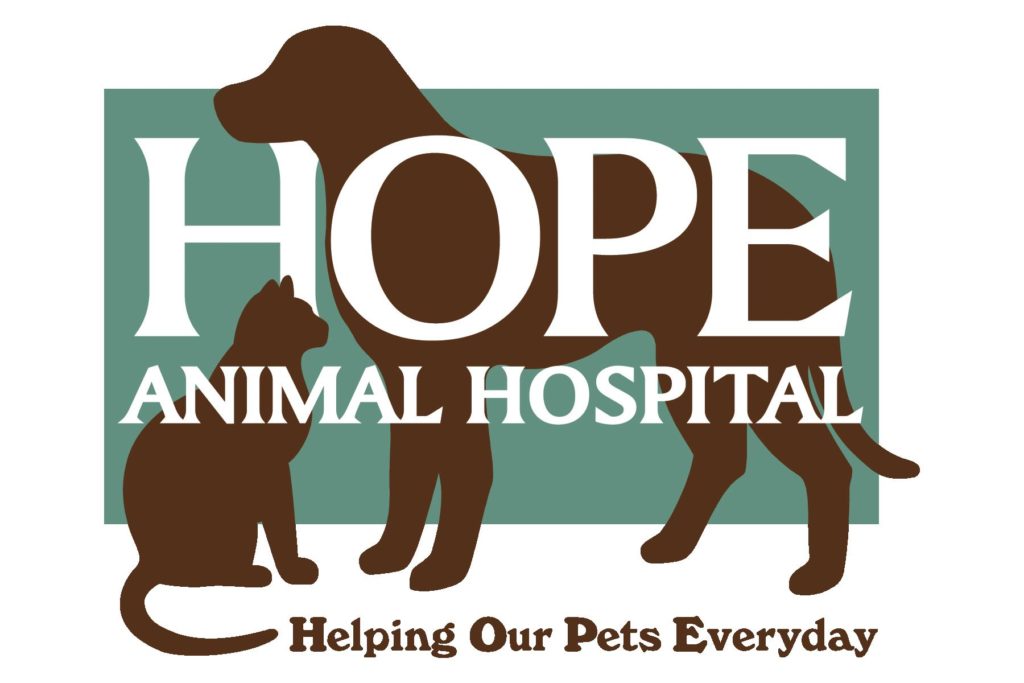Library
-
Do you have medications stored in the bathroom cabinet, kitchen drawer, and pantry shelf? Are random bottles haphazardly tossed into the “pharmacy”? Medications are meant to help us and our pets, but they can do more harm than good if stored or administered incorrectly. You can protect your family and pets by safely handling and disposing of medications.
-
Sucralfate is given by mouth and is used off-label to treat ulcers and erosions in the mouth, esophagus, stomach, and upper small intestine. Give as directed. Side effects are uncommon but may include constipation. Do not use in pets that are allergic to this medication. If a negative reaction occurs, please call your veterinarian.
-
Sulfadiazine/trimethoprim is given by mouth in the form of a liquid suspension or is given by injection in the hospital. It is commonly used to treat bacterial and parasitic infections, sometimes off label, in dogs, cats, small mammals and other exotics. Common side effects include a decreased appetite, vomiting, and diarrhea, although more serious side effects are possible, such as dry eye, or liver, blood, or urinary problems. Do not use in pets that have severe liver damage, blood cell problems, dehydration, or sulfa allergies. If a negative reaction occurs, please call your veterinary office.
-
Sulfadimethoxine is an antimicrobial given by mouth in the form of a tablet or liquid suspension, used primarily to treat coccidiosis. Its use for treating small mammals and reptiles is off label. Common side effects include vomiting, diarrhea, and decreased appetite. This medication should not be used in pets that are allergic to it, pregnant, lactating, or have severe liver or kidney dysfunction. If a negative reaction occurs, call your veterinary office.
-
Sulfamethoxazole/trimethoprim is given by mouth in the form of a liquid suspension or is given by injection in the hospital, and it is commonly used to treat bacterial and parasitic infections, sometimes off label, in dogs, cats, small mammals, and other exotics. Common side effects include a decreased appetite, vomiting, and diarrhea, although more serious side effects are possible such as dry eye, or liver, blood, or urinary problems. Do not use in pets that have severe liver damage, blood cell problems, dehydration, or sulfa allergies. If a negative reaction occurs, please call your veterinary office.
-
Compounded medications are not approved by federal authorities. They are medications that have been altered to provide more accurate dosing or easier administration. They have not been tested for safety, stability, potency, or efficacy.

